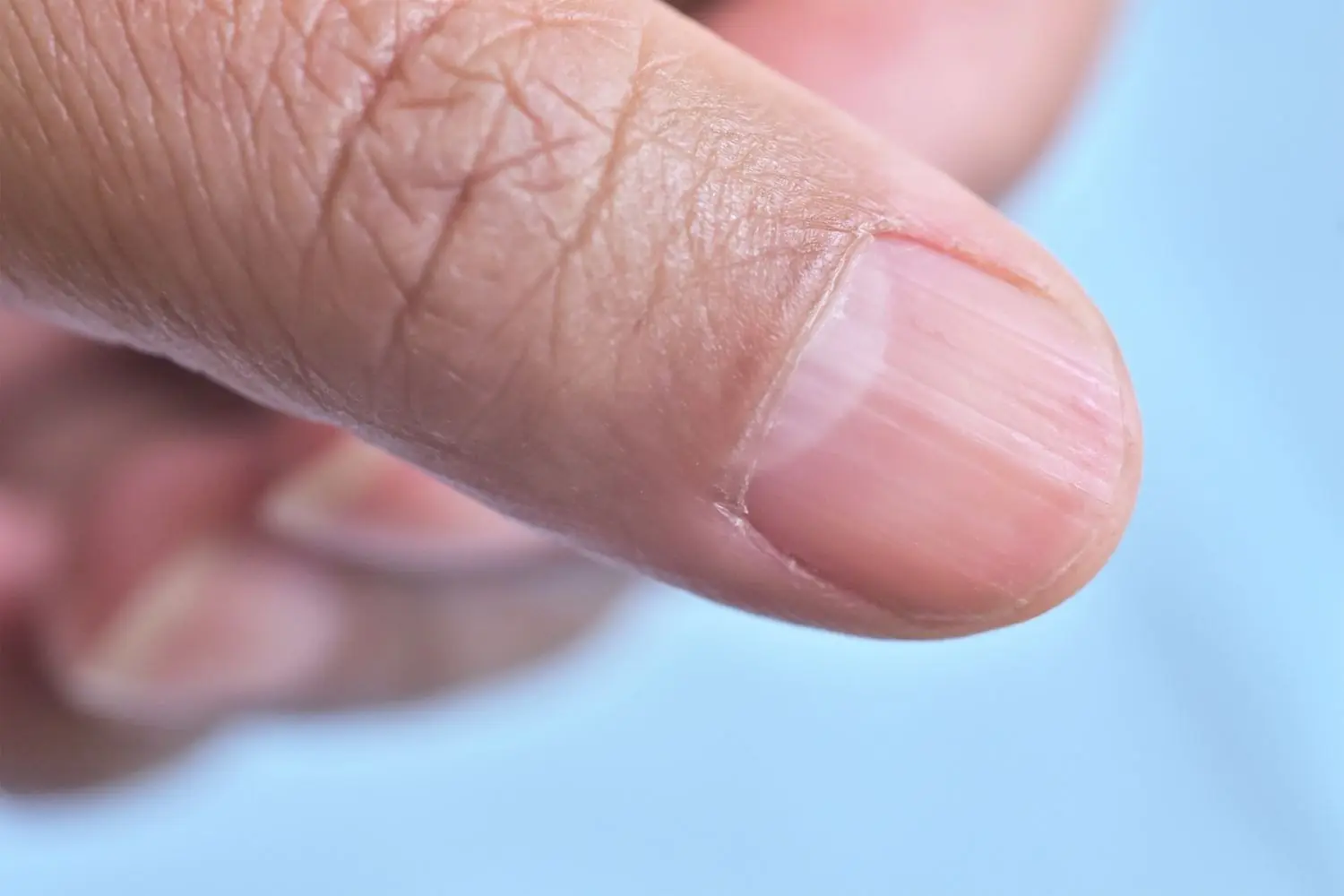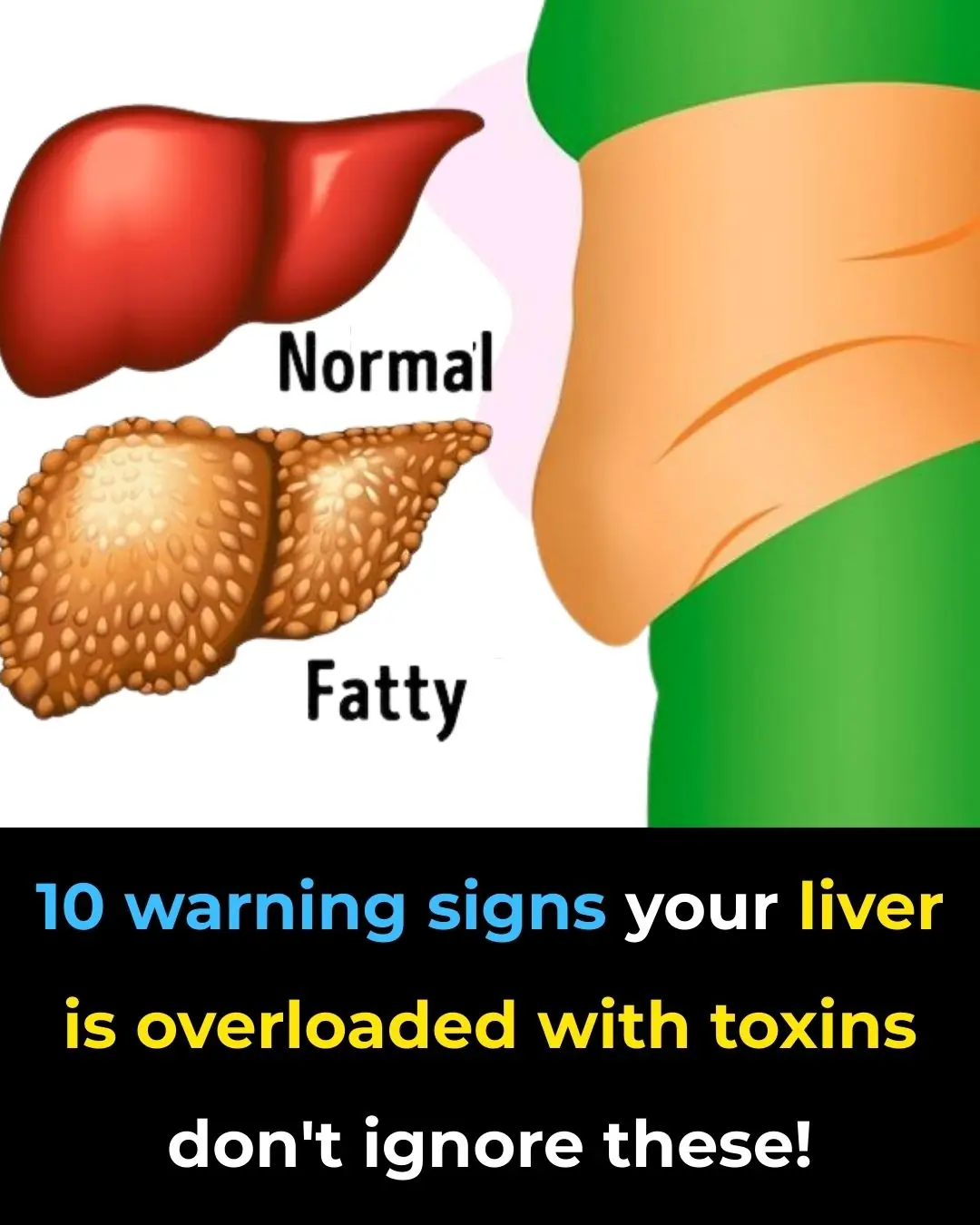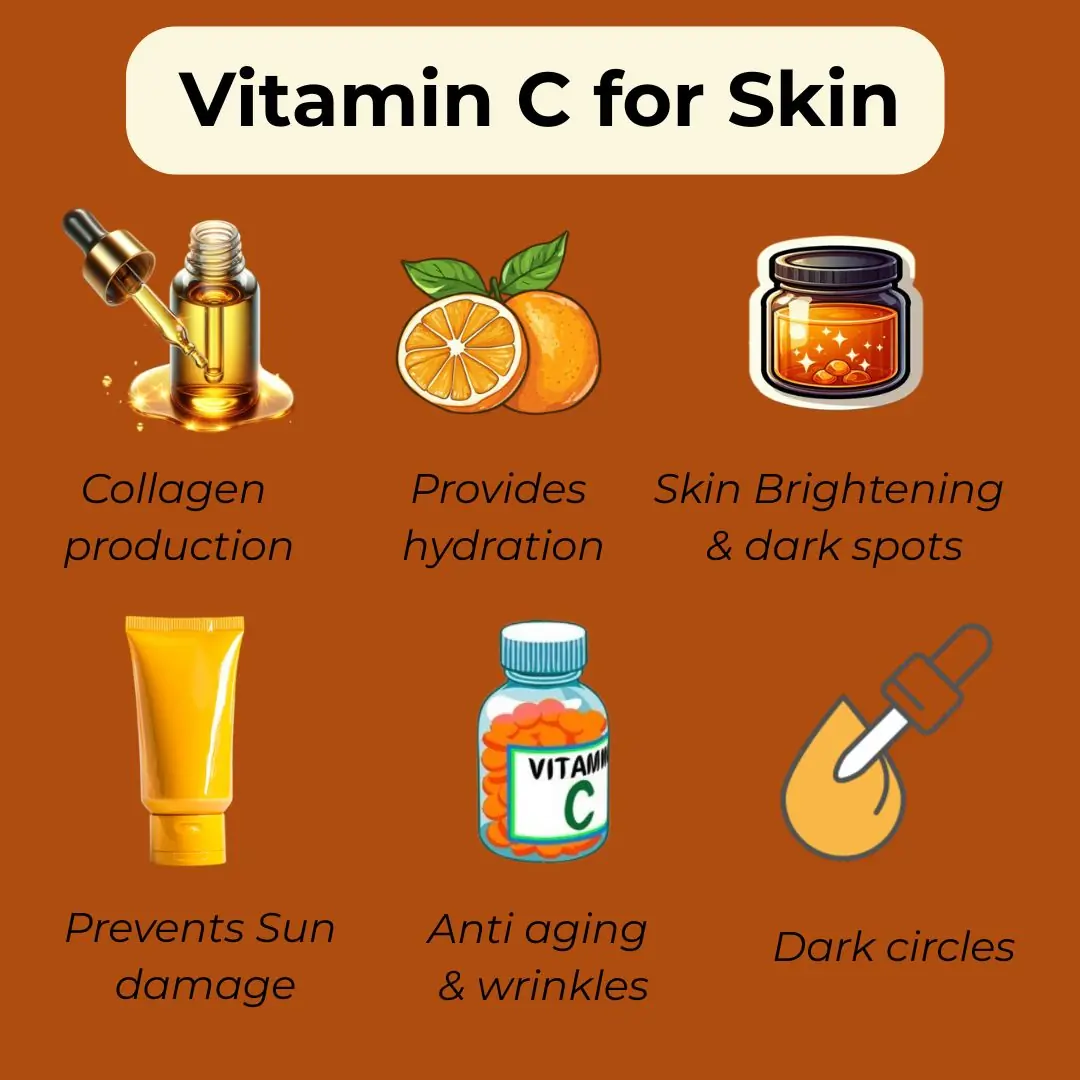
7 essential vitamins every diabetic needs for nerve health

Living with diabetes can be a significant challenge, particularly when you begin experiencing symptoms such as burning feet, tingling hands, or muscle weakness. These symptoms could indicate a condition known as diabetic neuropathy, a common complication for many people living with diabetes. Essentially, diabetic neuropathy occurs when high blood sugar levels damage the nerves, causing pain and discomfort that can make daily activities difficult. However, don't worry, there are steps you can take to manage these symptoms and improve your overall quality of life. This article will explore seven crucial vitamins and nutrients that can be incredibly helpful for those with diabetes or pre-diabetes. (Based on insights from Dr. Andre Wambier, cardiologist)
💡 Understanding Diabetes and Its Complications
Diabetes often develops gradually, and many people may not even realize they have it. In fact, in the United States, approximately 1 in 4 people with diabetes—about 25%—are unaware of their condition. With over 38 million Americans living with diabetes, the majority of them having Type 2 diabetes, and an additional 98 million American adults classified as prediabetic, it's clear that diabetes is a significant health concern. Prediabetes refers to a condition where blood sugar levels are higher than normal, and if left unmanaged, it can lead to Type 2 diabetes.
So, why is it crucial to detect and manage diabetes early? Because diabetes can wreak havoc on your body and lead to serious health issues, including:
Increased risk of infections: This can include severe infections like sepsis.
Heart problems: People with diabetes face a higher risk of heart attacks, strokes, and even amputations.
Hypoglycemia: A condition where blood sugar drops too low.
Kidney problems: Diabetes is a leading cause of kidney failure globally, often requiring dialysis.
Diabetic neuropathy: Damage to the peripheral nerves, which can cause pain, numbness, and discomfort. About half of all individuals with diabetes suffer from some form of neuropathy.
The best way to prevent or slow the progression of diabetic neuropathy is to keep blood sugar levels well-controlled and lead a healthy lifestyle. This includes getting sufficient sleep, exercising regularly, and eating a balanced diet. But even with the best efforts, neuropathy can still occur. Additionally, if you're struggling to manage your blood sugar levels, certain vitamins and antioxidants can play a crucial role in preventing or alleviating neuropathy symptoms, such as pain, burning, and muscle cramps.
✅ Key Takeaways
-
Diabetic neuropathy is a common complication affecting around 50% of people with diabetes.
-
While managing blood sugar is essential, certain vitamins and antioxidants provide additional support.
-
People with diabetes, especially those taking metformin, are at risk of Vitamin B12 deficiency.
-
Benfotiamine, a special form of Vitamin B1, may help protect nerves from high blood sugar damage.
-
Magnesium and Alpha-Lipoic Acid are vital for nerve health and can ease symptoms like burning feet.
📌 7 Important Vitamins and Nutrients for Diabetics
Let's dive into the seven essential vitamins, minerals, and antioxidants that can be incredibly beneficial for individuals with diabetes or pre-diabetes.
👉 1. Vitamin B12
Recent studies have shown an alarming trend: many individuals with Type 2 diabetes are deficient in Vitamin B12, often due to the use of metformin, a common diabetes medication. Between 5% and 33% of people on metformin may be deficient in this crucial nutrient. If you have diabetes, it's wise to monitor your B12 levels closely.
Vitamin B12 plays a critical role in the nervous system. It helps form and maintain nerves, supports red blood cell production, and aids in DNA synthesis. Additionally, B12 helps convert food into energy and can lower homocysteine levels, which are linked to heart disease.
Low B12 levels may cause symptoms such as:
-
Fatigue and weakness (signs of anemia)
-
Burning and numbness in hands and feet
-
Muscle weakness
-
Balance issues and poor coordination
-
Confusion, irritability, depression, anxiety, and even dementia
If you're diabetic, it's essential to ensure your B12 levels are adequate. Your doctor may recommend supplements, either orally or through injections if you have trouble absorbing the vitamin.
👉 2. Vitamin B1 (Thiamine) and Benfotiamine
Vitamin B1, also known as thiamine, is vital for individuals with diabetes, as they are more likely to be deficient in it than the general population. A deficiency may be due to consuming too many refined foods (like white bread) or absorption issues, especially in people taking diuretics for high blood pressure.
Benfotiamine, a synthetic form of thiamine, is fat-soluble, allowing for better absorption and delivery to areas like nerves, muscles, and the brain. This makes it a promising option for protecting nerves from high blood sugar damage. Studies have shown that benfotiamine may help prevent diabetic neuropathy and reduce inflammation.
👉 3. Vitamin B6 (Pyridoxine)
Vitamin B6 is essential for immune function, brain and nerve health, and improving insulin sensitivity. It also helps the body use carbohydrates effectively. You can find B6 in dark leafy greens, bananas, fish, and poultry.
👉 4. Vitamin D
Low Vitamin D is common in people with diabetes and can affect blood sugar regulation, immune function, bone health, and mental well-being. It can also protect nerves from damage caused by inflammation. Get Vitamin D through sunlight or foods like eggs, fatty fish, and fortified milk.
👉 5. Vitamin C
Vitamin C is a powerful antioxidant that combats oxidative stress, which is higher in individuals with diabetes. It helps protect nerves, boosts immunity, and supports wound healing. Foods rich in Vitamin C include citrus fruits, strawberries, and broccoli.
👉 6. Magnesium
Magnesium plays a crucial role in regulating blood sugar and improving insulin sensitivity. It also supports heart health, immune function, and brain health. Foods like spinach, whole grains, bananas, and almonds are rich in magnesium.
👉 7. Alpha-Lipoic Acid
Alpha-Lipoic Acid (ALA) is a powerful antioxidant that helps with glucose metabolism and protects nerves from high blood sugar damage. It is particularly helpful for those suffering from diabetic neuropathy, especially for those experiencing symptoms like burning feet.
🌱 What About Bitter Melon?
Bitter melon, commonly eaten in parts of Asia, has shown promise in small studies for improving blood sugar control. However, I recommend eating the fruit itself rather than taking it as a supplement. It's best to get nutrients from natural food sources.
📌 Final Thoughts
Before starting any new supplements, be sure to consult with your doctor to ensure you're getting the right dosage and avoid potential interactions with other medications. Managing your blood sugar, cholesterol, and blood pressure is the key to living a healthy life with diabetes. Stay active, hydrated, and get enough rest to improve your well-being.
News in the same category


If you have these lines on your nails it is a clear sign that...

Symptoms Of Ovarian Cancer Every Woman Should Never Ignore

11 Silent Signs Your Body Gives Before Diabetes Strikes

Don’t Ignore These 9 Early Signs of Diabetes — Your Body’s Been Trying to Tell You

The Most Effective Ways to Get Rid of Bumps on Inner Thigh (Backed by Science)

Early Signs of Liver Damage & How to Strengthen Your Liver

Shingles Vaccine May Protect Against Dementia, New Study Suggests
Could a simple vaccine hold the key to protecting the brain against one of the most feared diseases of aging?

Surgeons Face the Highest Mortality Risk Compared to Other Physicians, Study Finds
From elevated cancer rates to stress-induced cardiovascular disease, the profession carries health costs that demand greater awareness and intervention.

The Most Dangerous Time to Sleep: Why Going to Bed Late Can Harm Your Health

Random Stabbing Pains In Your chest Has Finally Been Explained

Varicose Veins: Causes, Symptoms, and Treatments for Better Circulation

6 Sneaky Signs Your Diet Can Be Harming Your Body

15 Common Cancer Symptoms You Shouldn’t Ignore

Remove these 7 everyday foods from your fridge—they could raise cancer risk

The Anti-Cancer Diet: Cancer Fighting Foods to Help Prevent Cancer (Evidence Based)

A Surprising Drink That May Help Prevent Cancer – And It's Not Tea or Coffee

How To Get Rid of Phlegm And Mucus
News Post

Texas Doctor Reveals A “Miracle Mineral” That Soothes Nerve Pain

Struggling to sleep? This simple eye trick can knock you out in minutes

If the freezer in your fridge is covered with ice, do this right away to avoid a surge in your electricity bill.

Don't boil chicken with salt and plain water, as it may become smelly and red. Try this method instead: the chicken will have golden skin and tender, flavorful meat.

3 ways to prevent snakes from entering your house, everyone should know to protect their family.

Red Onion for Hair Growth: How This Overlooked Natural Remedy Can Stop Hair Fall and Boost Thickness Fast

25 Incredible Health Benefits of Goosegrass

US officials issue warning that solar panels could be spying on us

Security feature you should make sure is always enabled on your Android smartphone

Tech experts try to 'break the iPhone Air' with bend test

Homemade Vitamin C Serum | DIY Vitamin C Serum for Clear Skin

If you have these lines on your nails it is a clear sign that...

8 Signs That Your Body Is Crying for Help

Symptoms Of Ovarian Cancer Every Woman Should Never Ignore

Say Goodbye to Bad Breath With Just 2 Natural Ingredients: DIY Clove & Peppermint Mouthwash

11 Silent Signs Your Body Gives Before Diabetes Strikes

Don’t Ignore These 9 Early Signs of Diabetes — Your Body’s Been Trying to Tell You

iPhone users slam latest update a 'downgrade' after noticing 'diabolically ugly' new features
